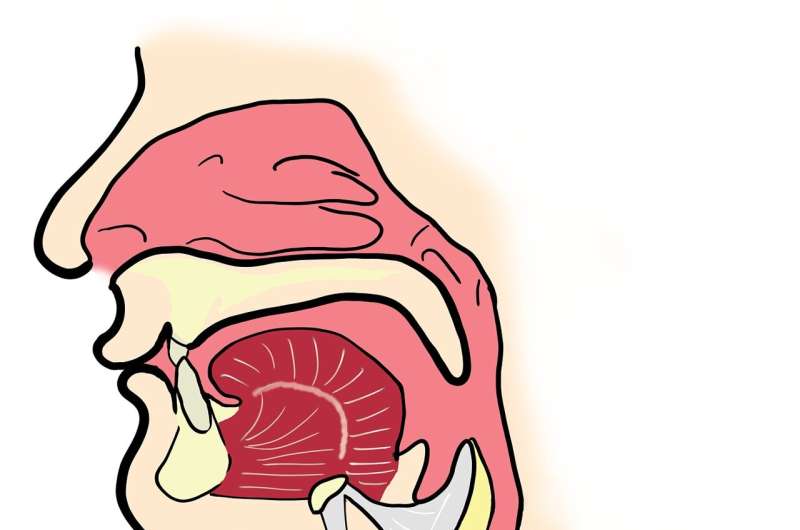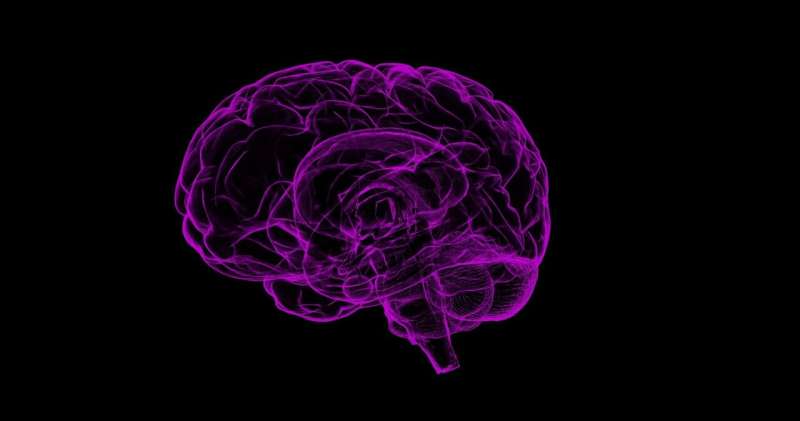Simple, Non-Drug Therapies Show Greater Effectiveness for Knee Osteoarthritis Management

A new meta-analysis reveals that simple therapies like knee braces, water therapy, and exercise outperform high-tech options for knee osteoarthritis pain relief and mobility improvement.
Recent research highlights that straightforward, non-invasive treatments may be more effective than high-tech options for managing knee osteoarthritis (KOA). A comprehensive meta-analysis published in PLOS One analyzed data from 139 clinical trials involving nearly 10,000 patients to compare the efficacy of various non-drug therapies, including knee braces, water-based therapy, and regular exercise.
Knee osteoarthritis is a prevalent condition that causes pain, stiffness, and reduced mobility in millions of older adults worldwide. Conventionally, treatment has relied heavily on anti-inflammatory medications, which can be associated with significant side effects such as gastrointestinal and cardiovascular issues. The study's findings suggest that effective alternatives like knee braces, hydrotherapy involving warm water exercises, and physical activity offer promising results in reducing pain and enhancing joint function.
Among the therapies evaluated, knee braces emerged as highly effective across multiple categories, including pain relief, improved physical function, and decreased stiffness. Hydrotherapy was particularly beneficial for pain management, while general exercise contributed significantly to overall mobility and pain reduction. High-tech interventions such as laser therapy and shock wave therapy showed some benefits but were generally less effective. Ultrasound therapy consistently scored lowest in effectiveness among the assessed treatments.
The research underscores that simpler, accessible treatments should be prioritized in clinical practice, as they provide safe and cost-effective options for patients. However, the study also notes limitations like variability in study design and treatment durations across the trials, which could influence the accuracy of the rankings. Future research should explore the combined use of these therapies and evaluate their long-term cost benefits.
In conclusion, patients and clinicians are encouraged to focus on evidence-based, non-drug interventions such as knee braces, water therapy, and exercise, which can significantly improve health outcomes without the risks associated with pharmacological treatments.
Source: MedicalXpress
Stay Updated with Mia's Feed
Get the latest health & wellness insights delivered straight to your inbox.
Related Articles
Pre-IVF Weight Loss Support Can Enhance Pregnancy Success and Reduce Treatment Needs
Supporting women with obesity through weight loss programs before IVF can boost pregnancy rates, potentially reduce treatment needs, and promote fairer access to fertility care. Recent studies emphasize the importance of preconception weight management for improved reproductive success.
Innovative AI-Based Voice Analysis Promises Early Detection of Throat Cancers
A new AI-powered voice analysis tool developed by Emory University offers a promising method for early detection of throat and laryngeal cancers, potentially saving lives through timely intervention.
GLP-1 Medications Show Promise in Managing Severe Obesity in Children
New research suggests that GLP-1 receptor agonist drugs can be an effective addition to treatment plans for children with severe obesity, leading to significant health improvements and appetite control.
Innovative Strategies in Pediatric Brain Cancer Treatment: Focused Therapies and Advanced Delivery Techniques
Virginia Tech researchers are developing precise targeted therapies and advanced delivery techniques to improve treatment outcomes for pediatric brain cancer, especially glioblastoma. Using focused ultrasound to enhance drug delivery and targeting specific proteins like KAT6A may revolutionize future therapies.



